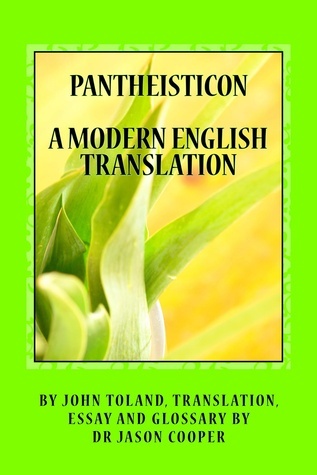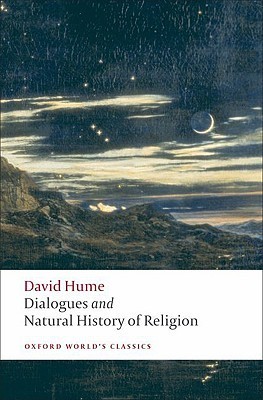
Pantheisticon: A Modern English Translation
Book Description
Unleash the power of nature and spirit in 'Pantheisticon: A Modern English Translation,' where philosophy meets the pulse of modern life. John Toland's groundbreaking work beckons readers to explore the seamless connection between divinity and the natural world, challenging conventions and igniting profound reflection. This vibrant translation breathes new life into Toland's revolutionary ideas, urging a radical rethinking of existence, faith, and the universe itself. With each page, the exhilarating journey delves deep into the essence of being, questioning everything we think we know about God and nature. Can the answers lie in embracing the extraordinary unity of all creation?
Quick Book Summary
"Pantheisticon: A Modern English Translation" presents John Toland’s visionary attempt to harmonize faith and reason by proposing pantheism—the belief that divinity is inherent in nature and the universe. In this translation, Toland advocates for a spirituality rooted in rational observation of the natural world over traditional dogmatic religion. He invites the reader to participate in a symbolic philosophical liturgy, exploring humanity’s interconnectedness with all of creation. By dismissing the notion of a supernatural God separate from the world, Toland encourages the pursuit of virtue, knowledge, and reverence for existence itself. This work remains a provocative call for unity, honoring nature’s laws as the ultimate foundation for moral living and personal enlightenment.
Summary of Key Ideas
Table of Contents
The Unity of Nature and Divinity
John Toland’s Pantheisticon opens with a radical assertion: divinity is not external or apart from the universe but is instead identical with nature itself. He dismantles the dualistic worldview that separates God and creation, arguing instead for a monistic perspective where the world and the divine are two sides of the same reality. This paradigm shift aims to dissolve the boundaries between the secular and the sacred, making every aspect of daily life a potential expression of spiritual reverence.
Rejection of Traditional Dogma
Toland challenges the validity of received creeds, sacred texts, and priesthoods, labeling them as obstacles to genuine understanding. For him, religious dogmas foster division and superstition, whereas rational inquiry promotes unity and clarity. He suggests that genuine spirituality is accessible to anyone willing to approach existence with an open mind, liberated from inherited prejudices and institutional constraints.
Rational Spirituality and Philosophical Liturgy
Central to Toland's approach is a philosophical liturgy—a symbolic set of reflections and rituals that encourage collective meditation on the interconnectedness of all beings. Instead of traditional worship directed at a personal deity, this liturgy celebrates the wondrous complexity of nature and the cosmos. It transforms philosophy into a living practice, bridging contemplation and action, and fosters a profound sense of communal belonging.
Morality Derived from Natural Law
Ethics, in Toland's view, are anchored in the immutable laws of nature rather than divine commandments. He posits that morality emerges from understanding the principles that govern the universe and aligns with them. Virtue is thus not obedience to authority, but the pursuit of harmony with the natural order. This orientation offers a stable, universal basis for ethical behavior, grounded in reason and observable reality.
Humanity’s Place in the Cosmos
By placing humanity within the larger cosmic tapestry, Toland invites readers to cultivate humility, gratitude, and virtue. He envisions a society where every individual reveres nature and seeks self-development through knowledge and empathy. Pantheisticon proposes that by embracing our unity with the cosmos, we transcend narrow identities and participate in a greater, ever-evolving process—ultimately finding spiritual fulfillment in the embrace of all existence.
Download This Summary
Get a free PDF of this summary instantly — no email required.





